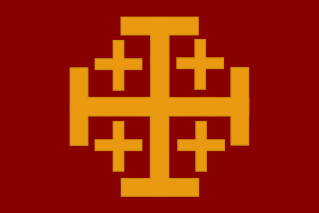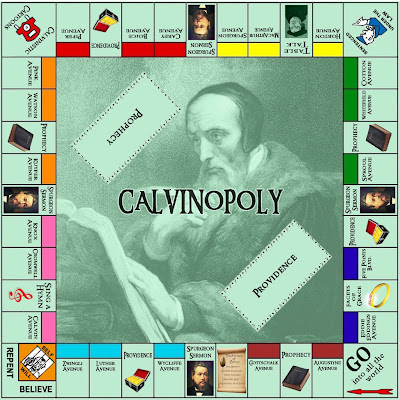Tafhan wrote:So, please to correct me if I'm wrong, but I understand that the main theological difference between Orthodox and Catholics is rooted in the filioque.
I wouldn't call that the main difference, at this point. It was the original difference at the time of the Great Schism when the Churches split, but other differences have accumulated in the mean time, and some of them are arguably more important.
Tafhan wrote:Catholics, as I was raised to believe, say the Holy Spirit proceeds from the Father and the Son.
Orthodoxes hold that the Holy spirit proceeds from the father alone, not Jesus.
I don't understand what the latter means. Does that mean Jesus is the son of God but not God himself in Orthodox Theology?
No. It absolutely does not mean that. Jesus is God. This is a basic, fundamental truth upheld by Orthodox, Catholics, and Protestants alike (ok, maybe not quite all Protestant groups, depending on who you want to include under the label "Protestant").
So what does it mean that the Orthodox believe the Holy Spirit proceeds only from the Father? Well... it's a very esoteric theological question, relating to the inner nature of the Holy Trinity (as far as we can discern it). We Orthodox insist that the Father is the eternal source, and the Holy Spirit cannot be said to proceed from two sources - although He can be said to proceed from the Father and through the Son (just not "from the Father and [from] the Son"). I must admit I am not very good at explaining this. Perhaps the Filioque article on OrthodoxWiki can help clarify things for you.
In any case, compared to other theological differences - especially the ones between us and the Protestants - this one looks quite minor indeed.
Tafhan wrote:(Keep in mind, I have almost no idea about the differences between the two Denominations)
I think I can help with that!
 I wrote a post summarizing them over here, in the previous Christian thread.
I wrote a post summarizing them over here, in the previous Christian thread.









